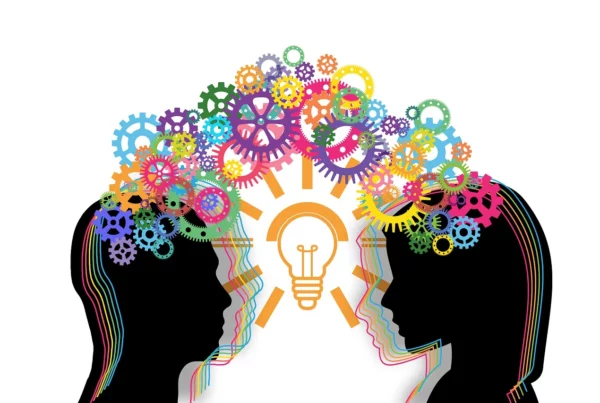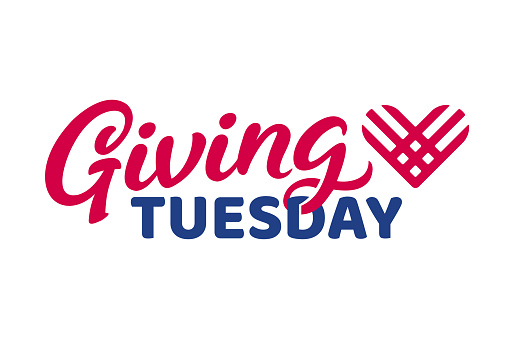Lessons learned from my DBT-LBC certification journey
I was in the thick of learning about DBT when I worked as an outpatient professional counselor at the Center for Child and Family Traumatic Stress (CCFTS) at Kennedy Krieger Institute, located in Baltimore City. I was lucky to have attended a Foundational DBT training provided by Adam Payne, PhD and Francheska Perepletchikova, PhD through BTECH. As the training wrapped up, we discussed certification and the process. After a week of intense learning, certification seemed like another Mount Everest. I was interested in becoming a more effective DBT therapist but didn’t know if certification was the right path for me.
Fast forward some years, and the world turned upside down due to COVID-19. Given the newfound stay-at-home orders, I devoted a portion of my day to studying (now that I had so much home-based time on my hands). I re-read the recommended materials, reviewed copious notes and handouts, and watched every video I could about DBT. I listened to lectures from the giants in the DBT field, mainly when I was driving or running errands. I lived, breathed, and ate DBT. All of this, by the way, was during quarantine and managing the stress that comes with living during a pandemic. So, my family and I found a way to cope.
My fiancé and I brought home a husky puppy, Chilli, to join her big husky brother, Beric. Raising a puppy seemed like a great idea given how much available time we were forced to spend at home. Word to the Wisemind: Husky puppies will eat everything in sight. This includes the book jacket of Dr. Linehan’s 1993 text you might have left unguarded in your living room.
So after experiencing the timeless excuse, “my dog ate my (DBT) homework,” I started to notice some changes in myself. First, I practiced mindfulness more regularly and in varied ways. For example, I mindfully cut the grass observing my emotions, thoughts, reactions… I never did that before. Next, I found myself self-validating how hard I was working to study, balance (virtual) work, relationships, and stay afloat during a pandemic. I was paying attention to my sleep, appetite, and exercise a bit more intently, to make me less vulnerable to Emotion Mind. When I was stuck in traffic, I found myself observing the option to curse the world and stress out, or I could radically accept the drive.
One day, Chilli (the most adorable blue-eyed, red, and white husky puppy – I’m aware of my bias and positive judgements) decided to dig for buried treasure in our backyard and it hit me. I said aloud, “She is both an adorable puppy and a hellion.” I was thinking dialectically… about my dog. It happened on autopilot. Studying for the Knowledge-based exam and the video recorded sessions had finally done its job: I was overlearning DBT Skills and principles. I was applying them to man’s best friend. I was no longer simply book-learning but living the book-learning.
The certification process acted as a sort of DBT infusion for my life. The vast DBT training resources were not only for scientific purposes, but artistic. I realized that DBT core concepts functioned as artistic materials to be used on the canvas of acceptance and change. This Eureka! moment did not just apply to my clinical work, but my personal life. I came to a place where I could creatively think about life’s problems and triumphs from a dialectical perspective.
Certification is more than a bright blue emblem after your email signature. It is a symbol that represents a community of therapists working to help a community of clients. A symbol of a clinician who recognizes that DBT is both a science and an art form. And lastly, a symbol of a clinician who understands DBT’s applications both during the therapeutic hour and during the hours of one’s personal life.
I am indebted to my family, friends, and colleagues who supported my journey toward certification. Joan Kaufman, PhD, the director of research at CCFTS, is a major champion of clinical excellence whose cheerleading I will always value. My clinical supervisor, Alyne Hall, LCSW-C, for continuously challenging and supporting my growth as a DBT therapist. And finally to my business partner and friend, Gloria Seo, LCSW-C, for her support and nonjudgmental stance, especially in regards to my study flash cards. Somehow as the certification process ended, I got the sense that another process began: a commitment to living what I’ve learned.




